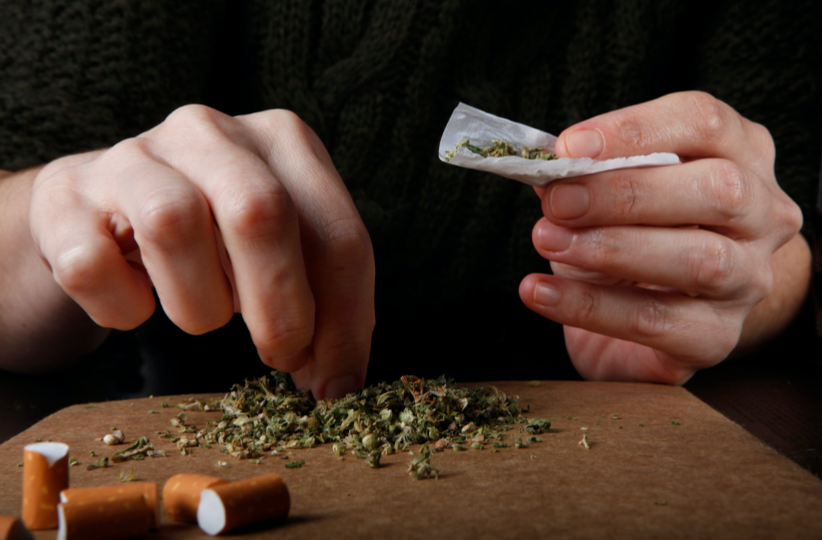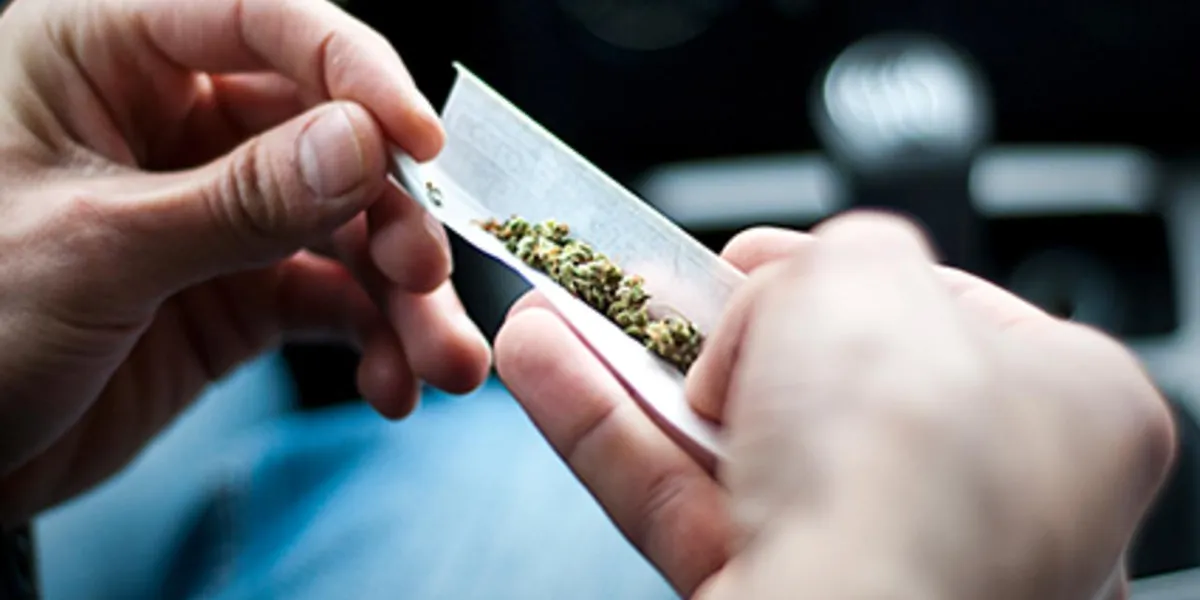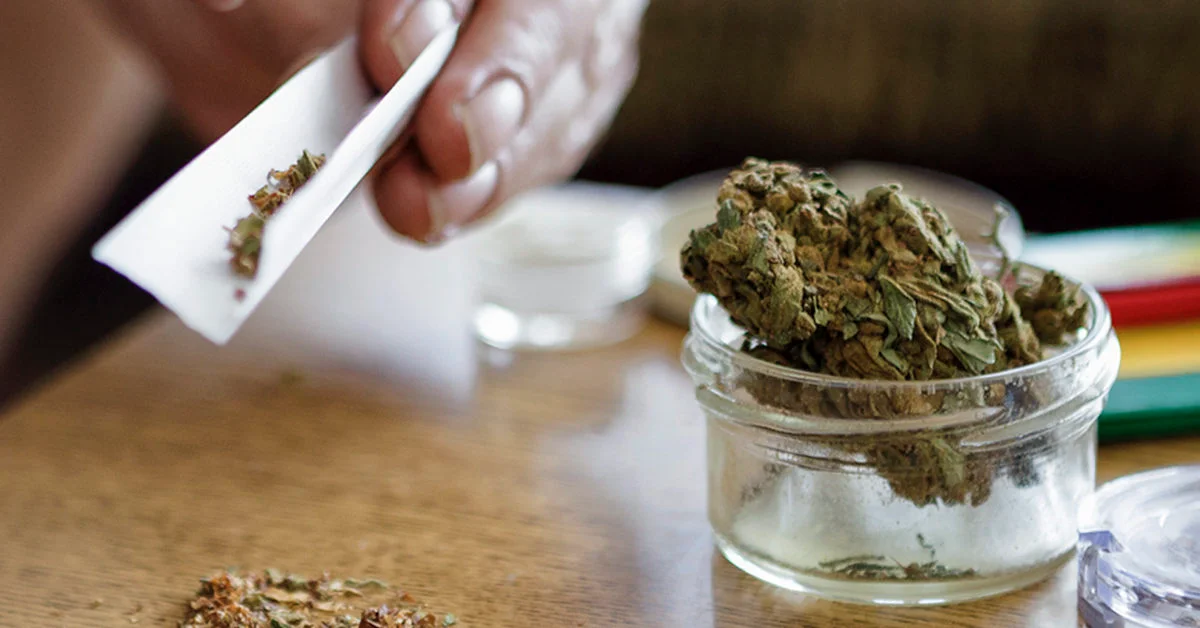Marijuana, also known as weed or cannabis, is a psychoactive drug that is commonly used for recreational and medicinal purposes. While it may be legal in some states or countries, the excessive use of weed can lead to addiction. Addiction to weed is a serious issue that affects millions of people around the world.
It can have negative effects on a person’s physical, mental, and emotional health. In this article, we will discuss the signs of addiction to weed, its effects, and the available treatment options.
Understanding Addiction
Addiction is a disease that affects the brain and behavior. It is characterized by compulsive drug-seeking behavior despite the harmful consequences. Addiction to weed is caused by the chemical compound tetrahydrocannabinol (THC), which affects the brain’s reward system. THC binds to cannabinoid receptors in the brain, causing the release of dopamine, a neurotransmitter that is responsible for pleasure and reward. Over time, the brain becomes dependent on the drug to release dopamine, leading to addiction.

Signs of Addiction to Weed
There are several signs that may indicate addiction to weed. These signs can be physical, behavioral, or psychological.
Physical Signs of Addiction to Weed
- Bloodshot or red eyes
- Dry mouth
- Increased appetite (munchies)
- Impaired coordination and balance
- Slowed reaction time
- Increased heart rate
Behavioral Signs of Addiction to Weed
- Spending more time and money on weed
- Neglecting responsibilities at work, school, or home
- Engaging in risky behavior while under the influence of weed
- Continuing to use weed despite negative consequences
- Withdrawal from social activities and hobbies
- Using weed as a coping mechanism for stress or emotional problems
Psychological Signs of Addiction to Weed
- Cravings for weed
- Anxiety or paranoia
- Mood swings
- Irritability or agitation
- Difficulty sleeping
- Lack of motivation or interest in activities
The Effects of Addiction to Weed

Addiction to weed can have negative effects on a person’s physical, mental, and emotional health. Some of these effects include:
- Respiratory problems, such as chronic bronchitis and lung infections
- Impaired memory and concentration
- Reduced fertility in men and women
- Increased risk of mental health disorders, such as depression and anxiety
- Withdrawal symptoms, such as irritability, insomnia, and loss of appetite
Getting Help for Addiction
If you or someone you know is struggling with addiction, it is important to seek professional help. Addiction is a chronic disease that requires long-term management. The first step in getting help is to acknowledge the problem and seek support from family, friends, or a healthcare professional.
Treatment Options for Addiction
There are several treatment options available for addiction to weed. These options include:
Behavioral Therapy
Behavioral therapy is a type of counseling that focuses on changing behavior and thought patterns. As well as, help individuals with addiction by identifying triggers and developing coping strategies to avoid relapse.
Medications
There are currently no medications approved by the FDA for the treatment of addiction to weed. However, medications may be used to manage withdrawal symptoms and co-occurring disorders, such as depression and anxiety.
Support Groups
Support groups, such as Marijuana Anonymous, can provide individuals with addiction to weed with a supportive community of peers who understand their struggles and can offer guidance and encouragement.

Conclusion
In Conclusion. addiction to weed is a serious issue that can have negative effects on a person’s physical, mental, and emotional health. It is important to recognize the signs of addiction and seek professional help if necessary. Treatment options for addiction include behavioral therapy, medications, and support groups. With the right support and management, individuals with addiction can regain control of their lives and achieve long-term recovery.

